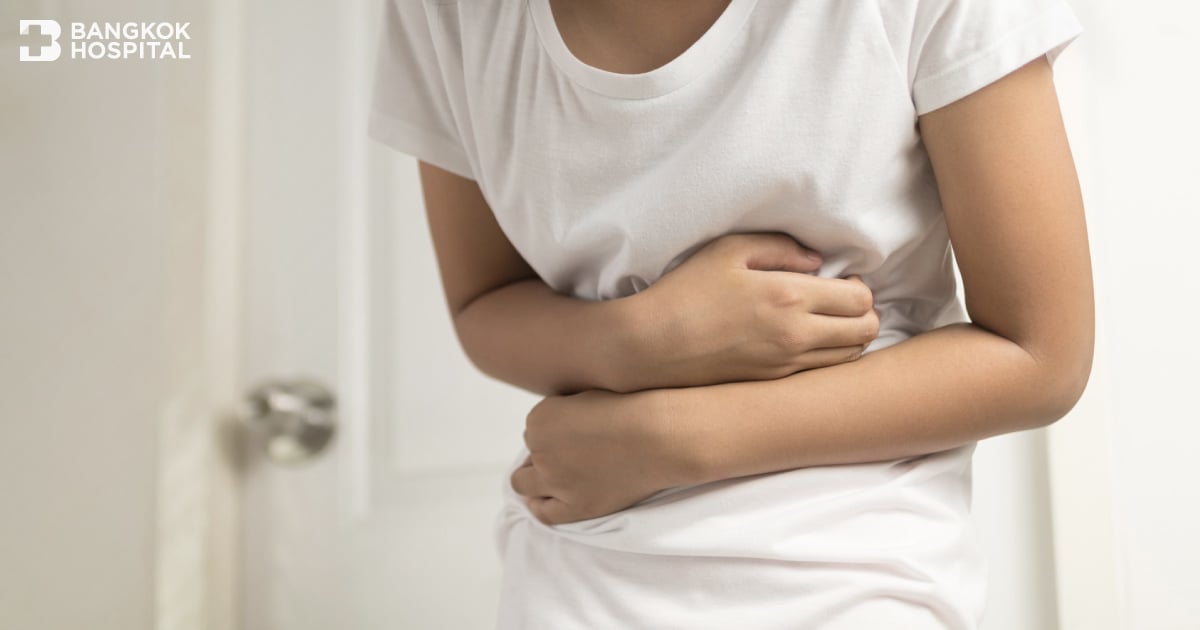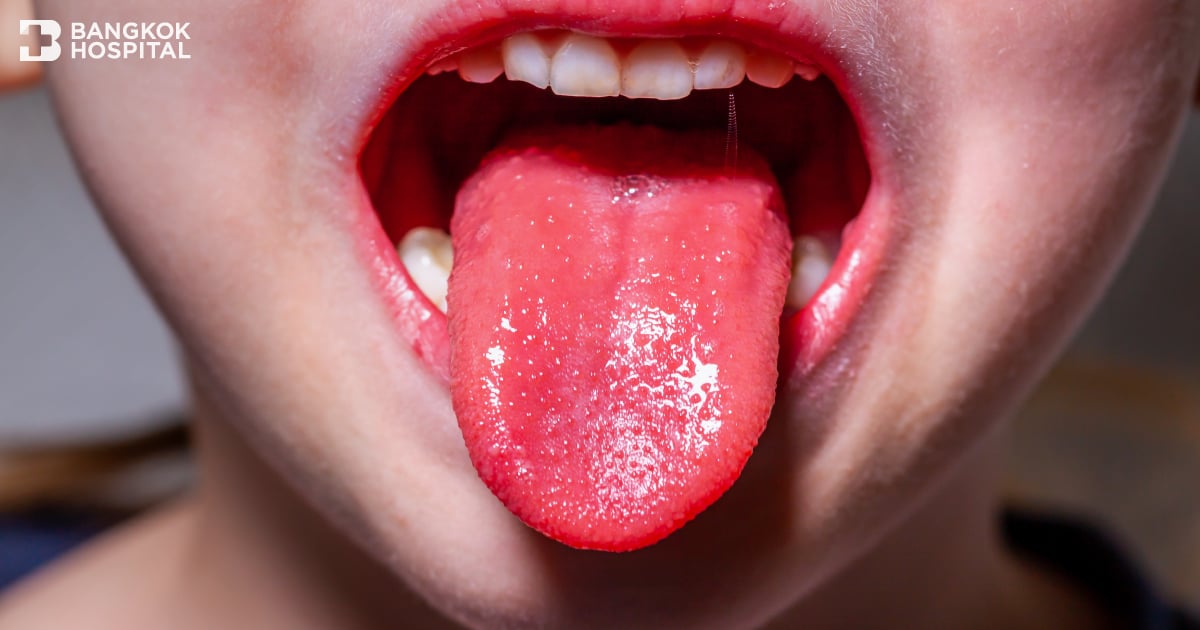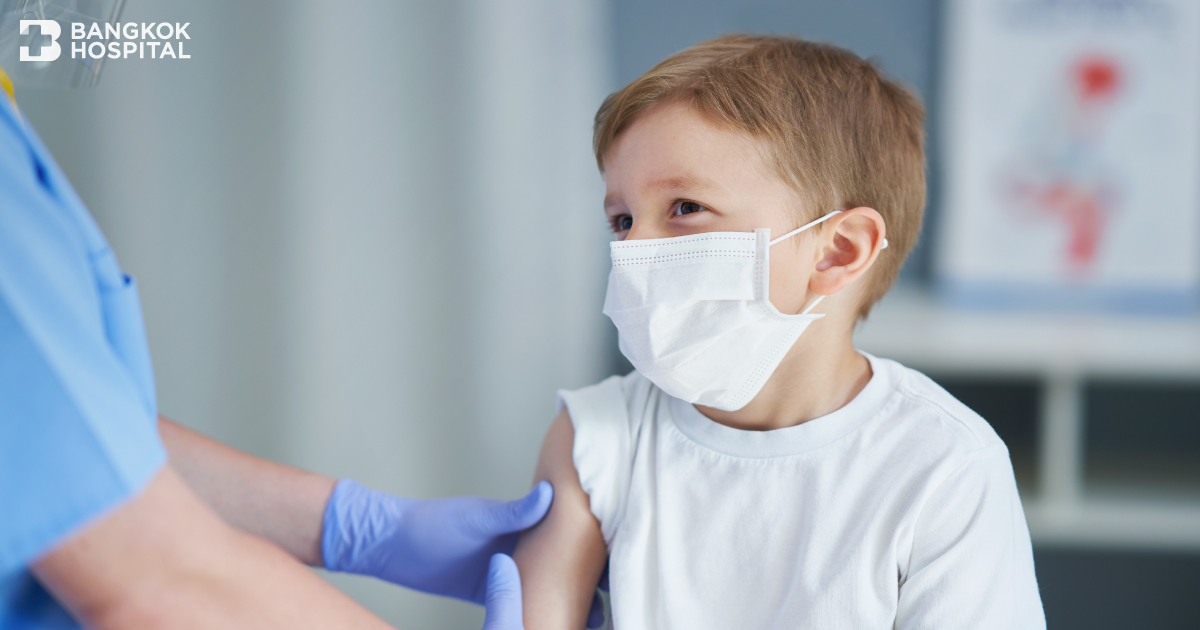When it comes to diarrhea or loose stools, almost everyone has experienced it. The main causes are mostly from viral infections, followed by bacterial infections and others. However, one type of virus that can cause severe diarrhea is called Rotavirus, which is found during cold weather in both children and adults. Importantly, it can recur and spread rapidly. Therefore, understanding this type of virus is crucial for correct prevention and treatment.
Understanding Rotavirus
Rotavirus is a type of virus that comes in many strains. When this virus enters the gastrointestinal system, even in small amounts, it can cause severe diarrhea. It is most commonly found in young children and can be more severe than in older children, to the extent that hospitalization is necessary. It can occur in people of all ages. Additionally, rotavirus can survive in the environment for many hours, which facilitates rapid outbreaks.
Symptoms
- Vomiting
- Diarrhea, watery stools
- Fever
- Seizures due to high fever
Rotavirus can lead to severe diarrhea and vomiting, causing extreme dehydration that may lead to shock or even death. Therefore, it is important to watch for signs of dehydration as a warning to seek medical attention quickly, such as excessive thirst, dry mouth, restlessness, lethargy, sunken eyes, and sunken cheeks, etc.
Treatment
The best care for children and those infected with the rotavirus is to replace the lost fluids in the body to prevent severe dehydration and to monitor food intake, as follows:
- Drink oral rehydration solutions in small, frequent sips
- Avoid antibiotics and antivirals
- Avoid milk and fruits
- If it’s a young child, no need to stop breastfeeding
- If symptoms are not severe, drink clean water along with oral rehydration solutions, consume liquid and soft foods
- If symptoms are severe, such as high fever, bloody stools, vomiting, lethargy, and extreme fatigue, seek medical attention immediately
Preventing Rotavirus
Since rotavirus infection is mostly transmitted through direct contact and consuming contaminated food, preventive measures include:
- Wash hands frequently
- Wash hands thoroughly before and after meals, as well as after using the bathroom
- Eat freshly cooked food
- Drink clean water
- Avoid sharing eating utensils with others
- Wash hands after every diaper change
- Regularly clean toys
- Avoid contact with people who have diarrhea
Vaccine to protect young children from Rotavirus
The current vaccine to prevent severe diarrhea caused by rotavirus is a drop vaccine that is only used in young children. It has been certified by the Food and Drug Administration for its effectiveness in preventing the disease, reducing the severity of the disease, and being highly safe. The first dose is given to children older than 6 weeks, with the following dose given 4 weeks apart, and administered orally for either 2 or 3 doses depending on the vaccine type. If a child is fully vaccinated against rotavirus, the symptoms of diarrhea from a rotavirus infection will be milder. It is advisable to consult a pediatrician for the right vaccine and proper guidance.










